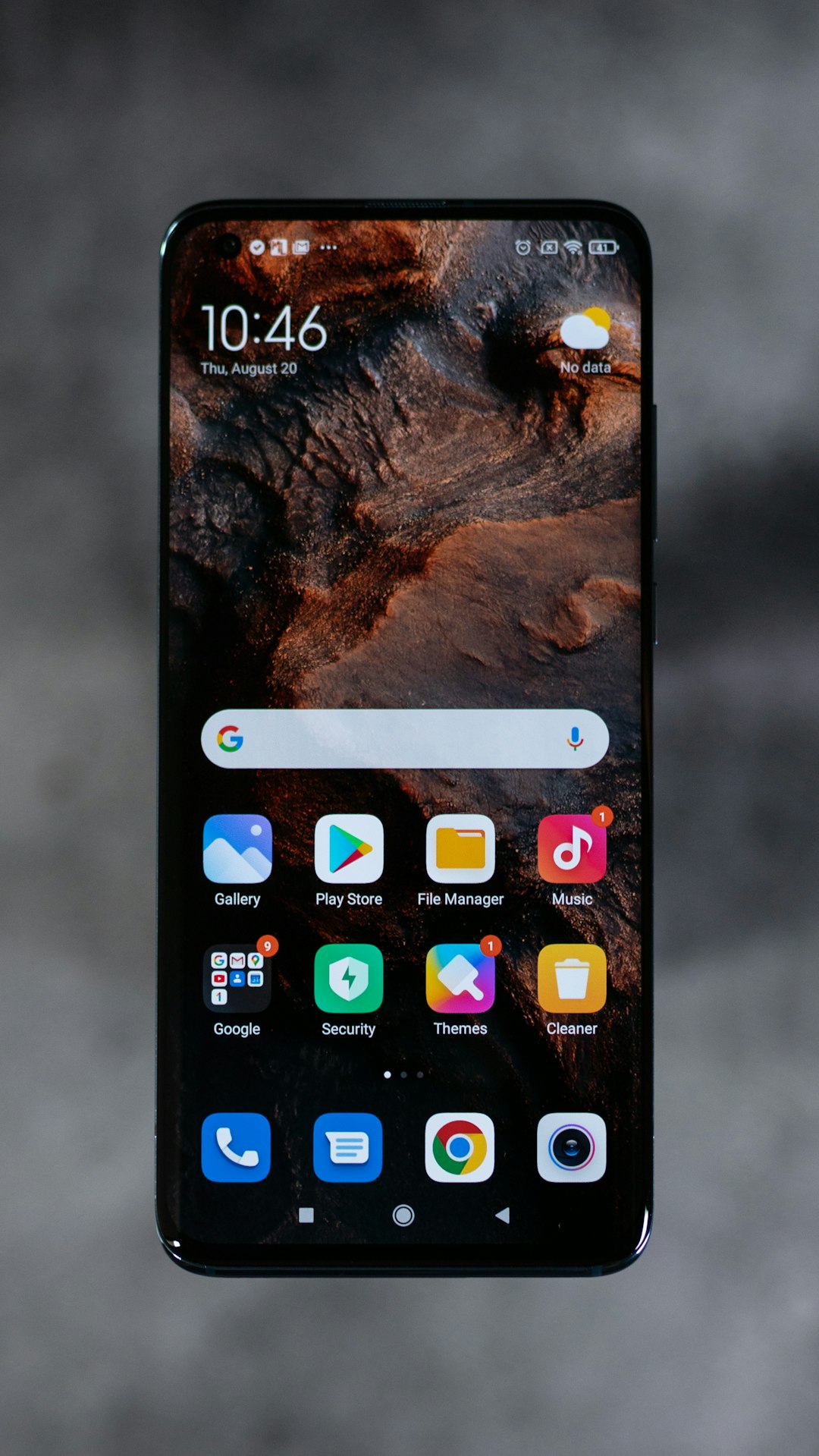Ohio's strict Do Not Call laws protect residents from unwanted telemarketing and spam messages, aligning with federal guidelines set by the Telephone Consumer Protection Act (TCPA). Individuals and businesses can register their numbers on the state's Do Not Call list, blocking most commercial calls within 30 days. Violators face penalties including fines and legal action. Specialized Do Not Call Lawyers in Ohio help navigate these laws, offering guidance on complaints and representing clients in disputes. Law firms using automated dialing systems must comply with TCPA and Ohio's Do Not Call Laws to avoid substantial penalties. Engaging a local attorney ensures protection of rights and effective stopping of unwanted calls.
“In Piqua, Ohio, as across the state, understanding and adhering to Do Not Call laws are crucial for both consumers and law firms. This article serves as a comprehensive guide for those navigating these regulations. We explore ‘Do Not Call Lawyer Ohio’ and ‘Spam Call law firm Ohio’ scenarios, offering insights into automated dialing systems, their legal implications, and best practices for compliance. For Ohio residents tired of unwanted calls, knowing your rights under ‘Do Not Call Laws Ohio’ is essential. Let’s delve into ensuring peace and privacy in the face of persistent spam calls.”
Understanding Do Not Call Laws in Ohio: A Comprehensive Overview

In Ohio, Do Not Call laws are designed to protect residents from unwanted telemarketing calls and spam messages. The state’s regulations align with federal guidelines established by the Telephone Consumer Protection Act (TCPA). According to these laws, businesses and organizations must obtain explicit consent before placing automated or prerecorded calls to consumers. A Do Not Call lawyer or attorney in Ohio can help individuals and businesses understand and navigate these legal requirements.
Ohio’s Do Not Call Laws empower residents to register their phone numbers on the state’s Do Not Call list, blocking most commercial calls within 30 days. Any violators face strict penalties, including fines and legal actions. A spam call law firm or Do Not Call law firms in Ohio can offer guidance on how to file complaints against persistent violators and represent clients in legal disputes related to these regulations. By hiring a local Do Not Call lawyer, individuals can ensure their rights are protected and take necessary measures to stop unwanted calls effectively.
Automated Dialing Systems: Definition and Common Practices

Automated Dialing Systems (ADS) refer to technologies that use automated software to place outbound telephone calls en masse. These systems often employ prerecorded messages, live agents, or both, to contact individuals or businesses without human intervention for every call. ADS are commonly used in marketing campaigns, debt collection, and sales efforts, but they have raised significant legal concerns due to their potential to invade privacy and violate consumer protection laws.
In Ohio, the Do Not Call Laws aim to protect residents from unwanted telemarketing calls. According to these laws, a Do Not Call list is maintained by the state, and businesses are prohibited from making automated or prerecorded phone calls to numbers on this list. Individuals who feel their rights have been violated can seek legal recourse with the assistance of a Do Not Call Attorney in Ohio. Such lawyers specialize in navigating the complexities of spam call laws and ensuring that clients’ rights under the Do Not Call Laws are upheld.
Legal Implications for Law Firms Engaging in Automated Dialing

Law firms in Piqua, like elsewhere in Ohio, must navigate complex legal territory when employing automated dialing systems, often used for marketing purposes. The Telephone Consumer Protection Act (TCPA) and Ohio’s Do Not Call Laws strictly regulate such practices to protect consumers from unwanted telemarketing calls, including those initiated by automated means. Violations can lead to significant financial penalties, with fines reaching up to $500 per call in some cases.
Firms engaging in automated dialing should ensure compliance with the “do not call” registry and obtain explicit consent from recipients. Using a Do Not Call Lawyer or Attorney specializing in Ohio telecom laws is advisable to stay informed about evolving regulations and avoid legal pitfalls, especially when dealing with spam calls.
Case Studies: When Automated Calls Cross the Line in Ohio

In Ohio, automated dialing systems have sparked debates and legal battles, particularly when they invade personal space and privacy. Case studies across the state highlight instances where automated calls, often characterized as spam, cross ethical and legal boundaries. Do Not Call Laws in Ohio are designed to protect residents from unsolicited telemarketing calls, yet with advancements in technology, new challenges emerge. Many individuals have sought the help of Do Not Call Lawyers and Do Not Call Attorneys in Ohio to combat relentless automated calling campaigns, often originating from law firms themselves.
These legal professionals play a crucial role in navigating the complex landscape of communication regulations. They guide clients on how to handle unwanted automated calls, whether it’s through blocking numbers, filing official complaints, or taking legal action against violators. Spam Call Law Firms in Ohio, while not inherently illegal, must adhere to strict guidelines, ensuring their marketing strategies respect consumer rights. As the use of automated dialing systems continues to evolve, staying informed about Do Not Call Laws Ohio and consulting specialized legal experts becomes increasingly vital for residents seeking to reclaim control over their communication channels.
Navigating Compliance: Best Practices for Law Firms in Piqua, OH

Navigating Compliance: Best Practices for Law Firms in Piqua, OH
In Piqua, Ohio, law firms must stay vigilant to avoid violative automated dialing practices that could expose them to significant penalties and reputational harm. The Do Not Call Laws of Ohio are stringent, particularly when it comes to commercial calls made using automatic dialers or prerecorded messages. Firms must ensure they have explicit consent before initiating such calls—a challenge in an era where do-not-call lists are widely used and consumers are increasingly mindful of their privacy rights.
Best practices include implementing robust internal policies that strictly govern automated dialing, training staff on compliance obligations, and utilizing technology that allows for manual override of automated systems. Additionally, law firms should maintain detailed records of client consent, including the method of obtaining it, duration, and any opt-out requests. Engaging a qualified do-not-call lawyer in Ohio can also help ensure ongoing compliance with both state and federal spam call laws, safeguarding the firm from potential legal issues and maintaining client trust.






